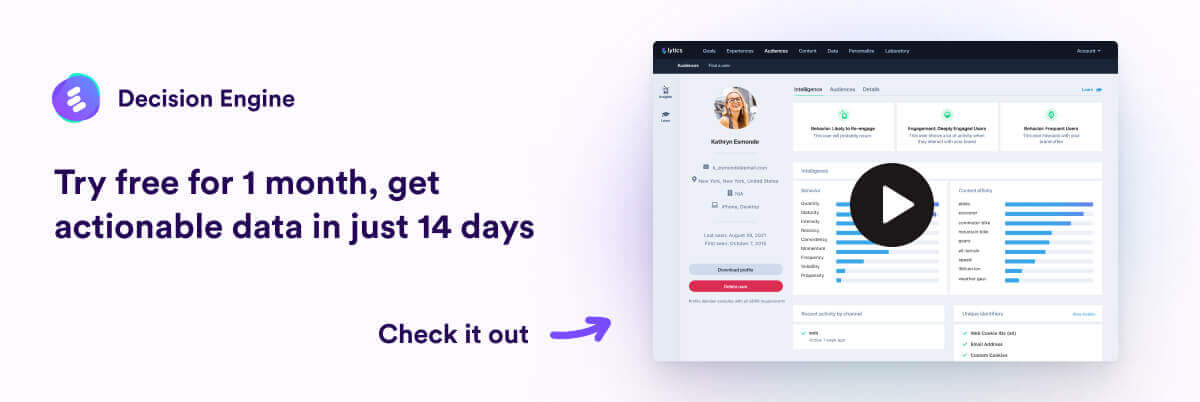What is campaign attribution tracking?
February 15, 2022
Attribution marketing tracking is essential for identifying marketing ROI. It’s estimated that the global market for digital marketing will grow to nearly $786.2 billion by 2026.
As investments continue to soar, it becomes equally important for marketing and sales leaders to justify the huge budget outlays they demand for their functions within an organization.
This is where cross channel marketing attribution tracking plays a pivotal role.
What is marketing attribution tracking?
Every prospect navigates through an array of sales and marketing touchpoints before eventually deciding to buy something.
From a broader perspective, marketing attribution is the set of practices involved in reporting and determining the scale of impact each marketing touchpoint is able to make on the customer’s buying decision.
It throws light into several insights such as the type of content used to engage customers or the strategies and tactics leveraged for conversion in a touchpoint.
The insights generated enable marketers to make data-driven changes in their outreach campaigns. This way, campaigns are more aligned to customer needs as indicated by successful engagement behaviors tracked.
How to measure marketing attribution
Now that the concept of marketing attribution tracking is clear, the next step is to find out how to measure marketing attribution.
There are several models that have come into existence for attribution tracking such as First click, Last click, Linear, U-shaped, Time Decay, and Data Driven. We’ve already covered the specifics of each in one of our previous blogs centered around selecting the right attribution model for any ad campaign.
Leveraging the correct model can yield insights that help you identify the best route for increasing marketing ROI.
Why is marketing attribution tracking important?
1. Gauge channel performance
Marketing attribute tracking offers a clear visibility into the performance of different elements in your businesses marketing strategy.
For example, it can help identify articles which generated maximum leads or the email campaign that witnessed the most positive replies. For marketers, such numbers are a primary source of evaluating their KPIs.
Marketing multi-channel attribution reports contain such valuable insights and can be instrumental in deciding future KPIs.
2. Personalize the customer experience
Attribution reports provide clear information on the performance of every type of content that marketers use across a diverse range of marketing channels like website, mobile app, and social media.
Using attribution tracking, brands gain visibility into the preferences of customers with regards to tone of messaging, time of reach, and content diversity.
This allows them to personalize content and deliver it to the right customer for more leads. They can model content in a fashion similar to the campaigns that exhibited greater success.
3. Improve creativity
Marketing attribution offers a larger picture of how creative efforts within the marketing function are performing according to demands from customers.
By leveraging data from mobile app attribution tracking reports, marketers can re-define their messaging themes. This allows them to operate efficiently and be more accountable in their contributions as there is clear visibility of its impact in the marketing value chain.
4. Leverage marketing tools better
As digital marketing grows into every business sector, businesses of all sizes are constantly investing in tools to streamline their customer engagement initiatives. Marketing attribution can help in preparing a structured and clear-cut roadmap for using tools more proactively and with better results. It can help in ranking tools in terms of the impact it makes in the customer acquisition and engagement cycle and thus contribute to overall marketing efficiency.
Setting the pace for meaningful customer experiences
Marketing attribution tracking creates the need to follow a purpose driven approach to winning customer love across all channels.
By picking the right attribution model, a business can set its marketing objectives that have meaningful targets based on historical evidence of performance. It entails the organization to collect as much data as possible to evaluate the performance of marketing channels and replicate the success formula that realized maximum ROI.
Sign up for a Lytics free trial to leverage technology-driven solutions and drive more meaningful customer experiences and ultimately grow your marketing ROI.



